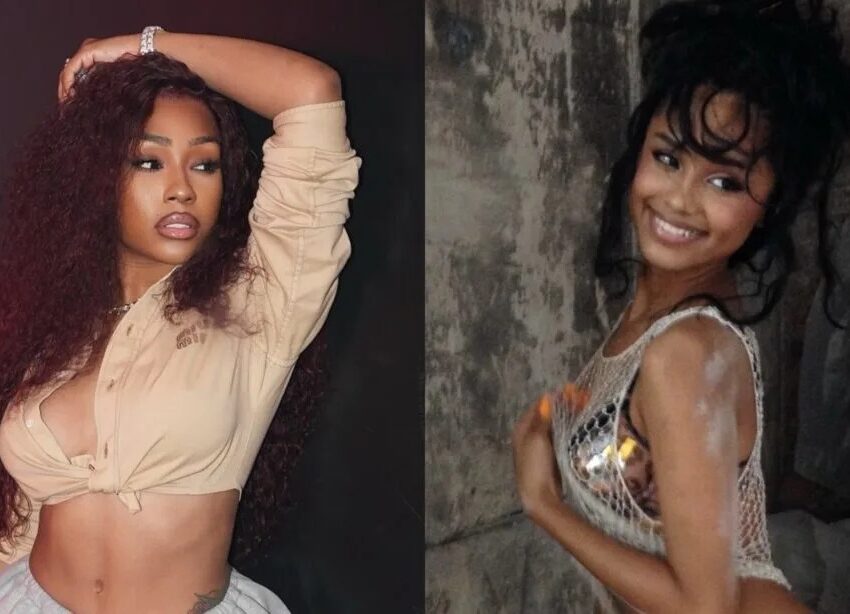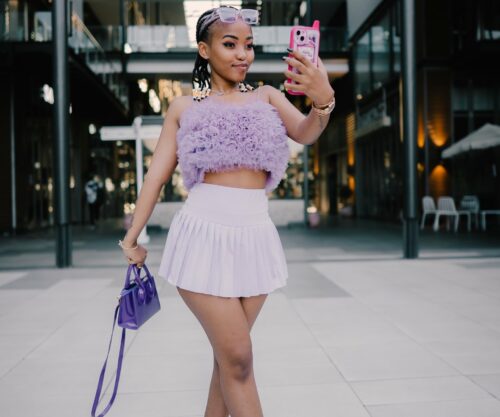
The accusations that stirred the internet
The buzz started when Yung Miami, known from the rap duo City Girls, accused South African singer Tyla of copying her song concept. Yung Miami claimed she had pitched Tyla the original idea, only for it later to appear in Tyla’s upcoming track. The allegation went public via posts on Twitter (X), sparking conversations across music and fan circles.
Tyla’s measured reply
Rather than entering into a public back-and-forth, Tyla’s response was subtle but decisive. She chose not to explicitly address the theft claims. Instead, she shifted attention to her new release, hinting that she’s not here for drama but focused on her craft. Her marketing around the song “Chanel,” set to drop on 24 October, made it clear: she’s not sidetracked by rumours.
When social media meets artistry
Fans were quick to weigh in. Many praised Tyla’s “unbothered” stance. Comments ranged from laughter to admiration of her ability to stay quiet yet let her music speak. Some users joked about the messiness of internet disputes; others defended her integrity. The overall reaction leaned toward support, with fans interpreting her silence as strength.
View this post on Instagram
Why this matters in 2025
In South Africa, the international spotlight on artists is growing. When a global name like Yung Miami raises claims, local acts often find themselves in high-pressure situations. Tyla’s decision not to play into the noise signals a shift: that South African talent may no longer need to respond on somebody else’s terms.
View this post on Instagram
A new lens on silence
Silence is sometimes mistaken for surrender. In Tyla’s case, it feels more like a strategy. She’s controlling the story by not buying into the discourse. The real statement, it seems, will be in her music drop. And in the current climate, creating art that drowns out the chatter might just be the boldest move.
Source: Briefly News
Featured Image: Yahoo




